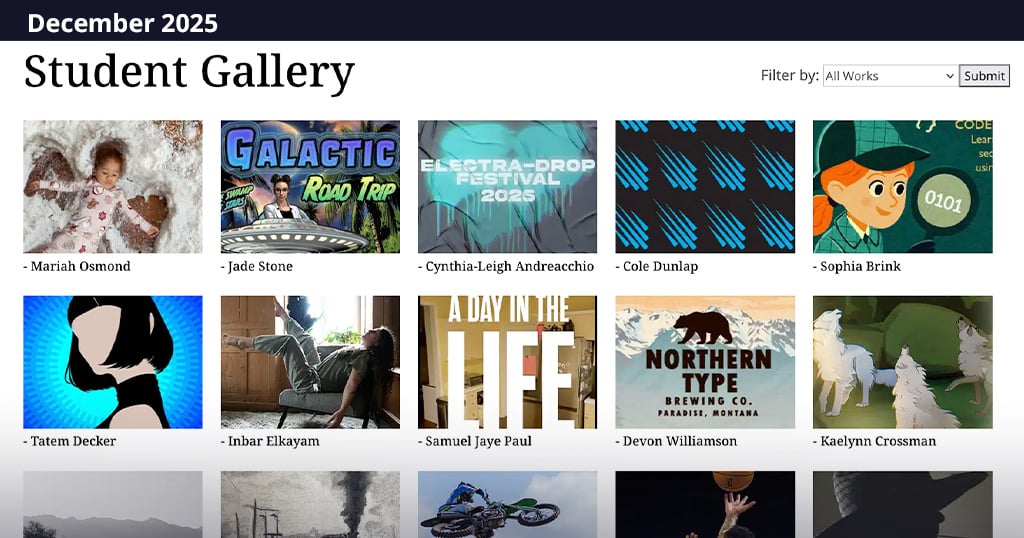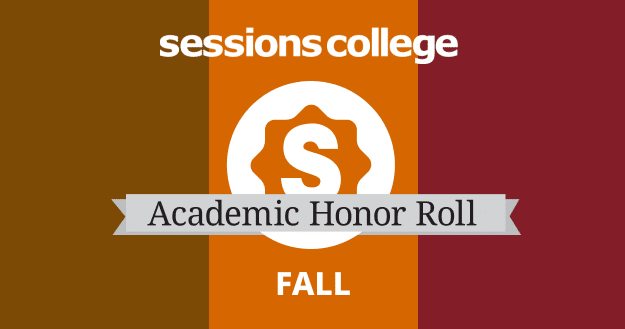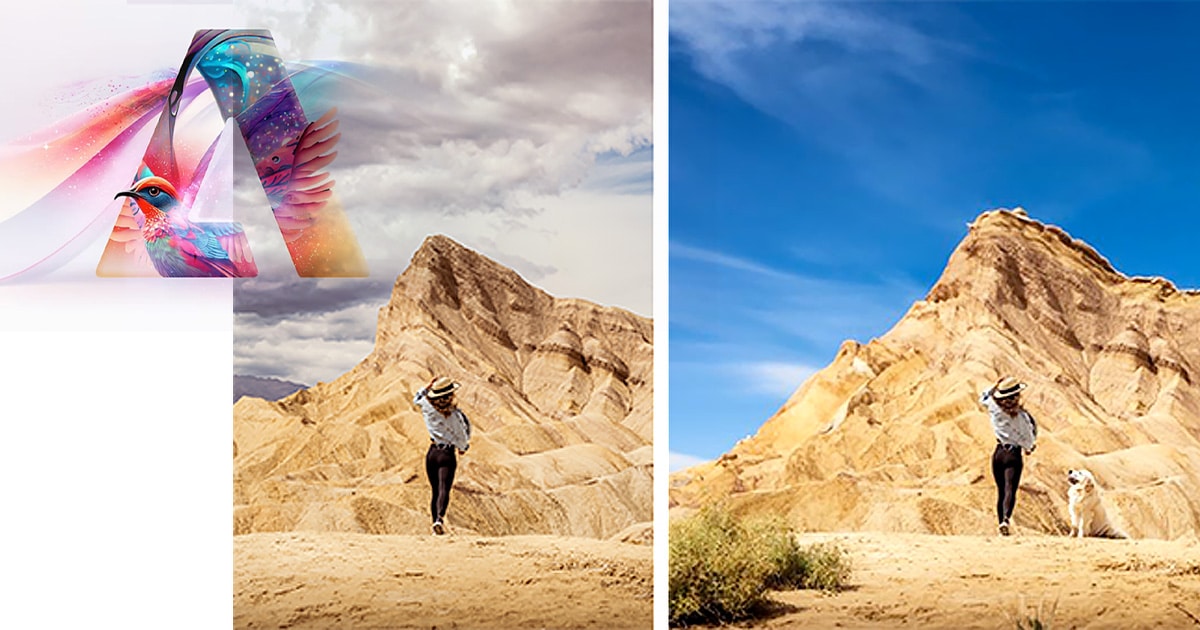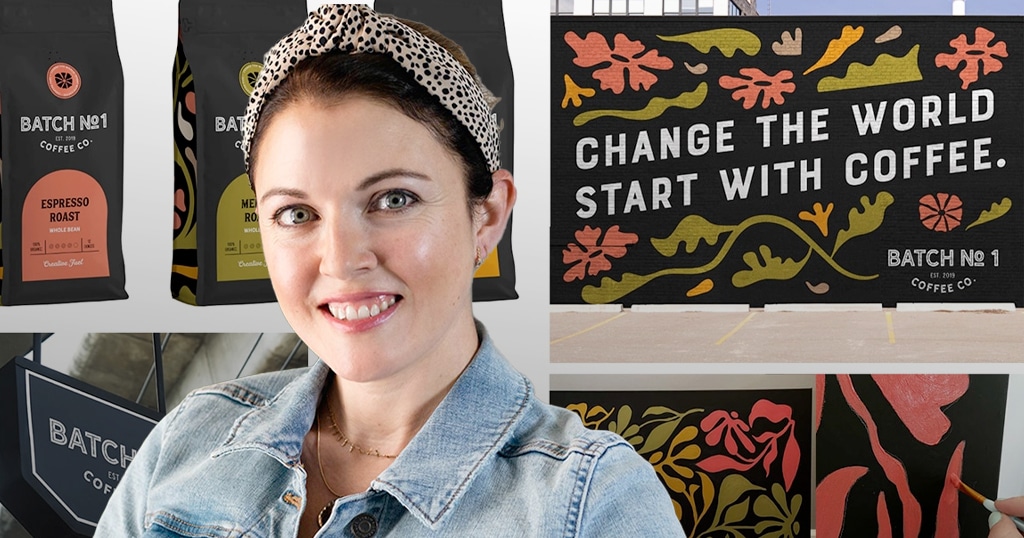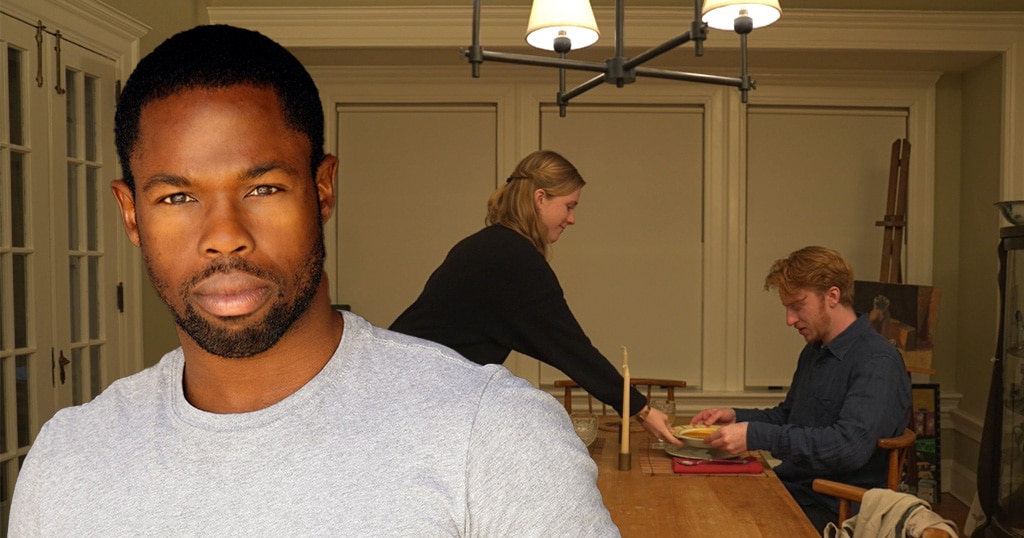Advisory Sessions: Photography Now
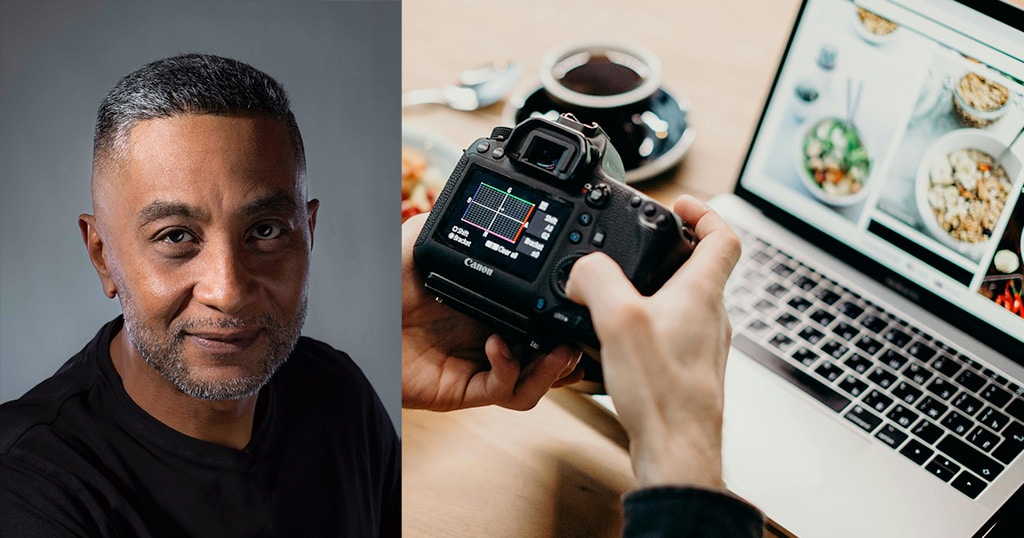
Q: What are the hiring trends in the photography industry today?
Most work in my field comes from ad agencies, food brands, magazines, and direct clients. Clients are usually looking for people who combine creative vision with reliability—someone who can bring ideas to life and follow through. Strong visuals drive brand storytelling, so dependable creatives who understand that are always in demand.
Q: How can aspiring photographers stand out from the crowd? What key skills do they need to have?
Don’t just focus on building a portfolio—learn how to build a business! Networking is huge, and being prepared goes a long way. Show clients that you’re versatile, dependable, and a problem-solver. The mix of creativity and professionalism always stands out.
In any portfolio, strong lighting, composition, color accuracy, and file organization are key. Just as important are communication, time management, and marketing—especially keeping your website and portfolio current. To really get ahead learn marketing skills, learn how to sell yourself.
From a technical standpoint, Photoshop and Capture One are musts in my workflow, along with a basic understanding of Premiere or another video-editing program. New creatives should be comfortable with retouching, color correction, and solid file management. It’s not enough to just know Photoshop—learn the full workflow from capture to delivery.
Q:What types of creative projects should a freelance professional have experience in producing?
Focus on the type of work you want to do and find ways to gain access to that industry—whether that’s fashion, food, product, or editorial work. Assisting on set is invaluable; you’ll learn by watching how stylists, producers, and photographers collaborate to bring a shoot together.
I like to see focused portfolios that show creative consistency rather than “I can shoot everything.” Technical skills can always be refined, but creativity, vision, and a clear point of view are what make someone stand out. A strong portfolio tells me the photographer understands how to shape an idea, not just take a picture…
For their career development, I always encourage students to seek assisting opportunities or mentorships in their area. Working alongside established photographers and creative teams is one of the best ways to gain real-world experience.
Q: Which AI tools are photographers using? What are the professional pitfalls of AI?
AI tools are becoming a regular part of our digital creative workflows. I use ChatGPT for writing, planning, and streamlining business tasks, and Photoshop’s Generative Fill for selective image cleanup and quick concept mockups. Many creatives also use AI to help with keywording, culling, and SEO copywriting—it’s not about replacing creativity.
I do have some concerns about AI, mainly around authenticity and overreliance. But I also believe we need to adapt and learn to use AI. It’s not something coming “in the future”—it’s already here. Those who understand how to use AI to their advantage will stay competitive and relevant in a fast-changing industry.
Q: What do aspiring photographers need to know about AI?
The industry is evolving quickly, and I think students benefit most when education connects real-world expectations with creativity, professionalism, and adaptability.
Any photography graduate should understand both the creative potential and ethical responsibility that come with using AI. They should learn how to use these tools transparently and with intention, but never lose sight of traditional craft—lighting, composition, and storytelling still matter most. Strong creatives will know how to balance technology with genuine artistic vision.
To learn more about Rob Ballard’s photography work, visit robballardphotography.com . To learn more about the industry pros that make up the Sessions College Advisory Board, visit the Advisory Board page. The Advisory is a team of senior professionals who provide workplace assessment and program review feedback to ensure that our programs keep pace with the requirements of a constantly changing industry.
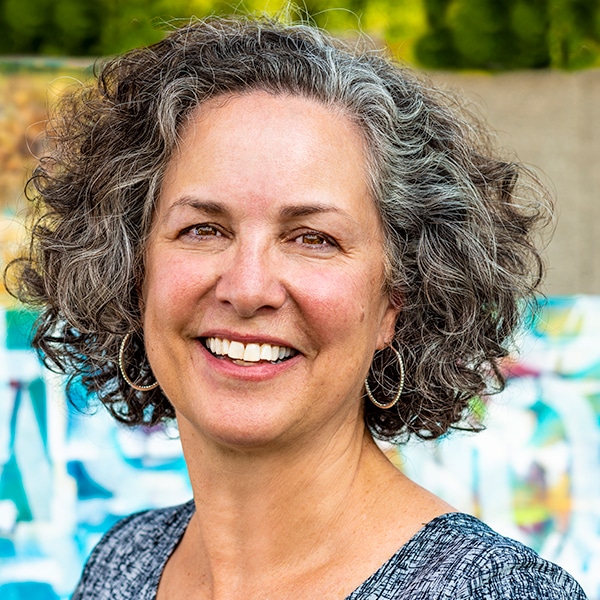
Dr. Epstein is the Dean of Academic Affairs at Sessions College. A former Dean at the Art Institute of Phoenix, Meryl has extensive experience in design, education, and leading academic teams. Meryl has designed museums and was the recipient of the first Arizona AIGA fellow award. Read more articles by Meryl.
RECENTLY ON CAMPUS

